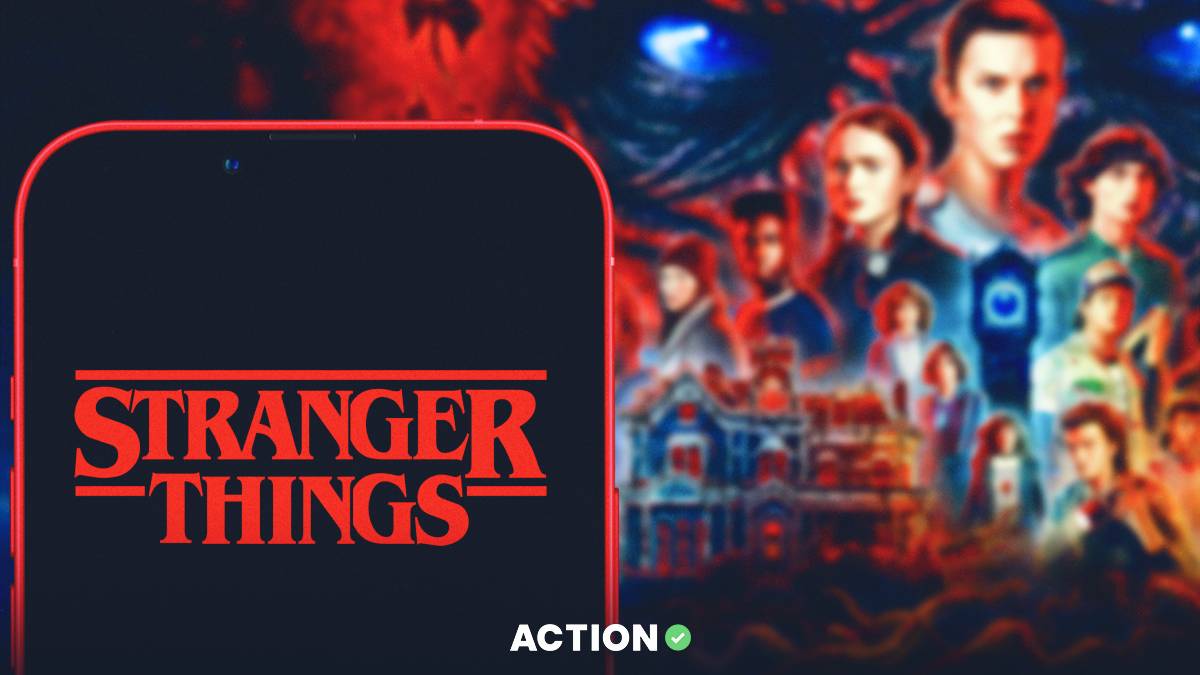The Michigan Gaming Control Board (MGCB) announced Thursday that it is sending a cease-and-desist letter to Papaya Gaming in Tel Aviv, Israel. The agency claims that Papaya runs illegal gambling activities in Michigan through unlicensed mobile games like 21 Cash, Bingo Cash, Bubble Cash and Solitaire Cash, which allow players to use real cash for a chance to win money.
“The Michigan Gaming Control Board firmly believes in a regulated and safe gaming environment,” MGCB Executive Director Henry Williams said in a press release. “Illegal gambling is not tolerated in Michigan, and we will take all necessary actions to protect our residents from such unlawful practices.”
Which Michigan Laws Did Papaya Allegedly Break?
The Lawful Internet Gaming Act requires a license for internet gaming, available only to state-licensed casinos and federally authorized tribal casinos.
The Michigan Gaming Control and Revenue Act outlaws running a gambling operation without an MGCB license, and violators face severe penalties, including up to 10 years in prison or a $100,000 fine. Furthermore, the Michigan Penal Code broadly bans unauthorized gambling with money or prizes based on chance.
According to the cease-and-desist letter, Papaya Gaming must stop Michigan residents from using their apps within 14 days or face legal action from the MGCB.
Michigan Gaming Control Board to Take Necessary Actions
The MGCB is responsible for making sure that gaming activities in Michigan are fair and honest, ultimately protecting the residents of the state.
The agency handles the licensing and regulation of commercial casinos in Detroit, as well as online gaming and sports betting companies throughout the state. The MGCB also oversees horse betting and charitable gaming activities similar to those offered by casinos. Additionally, the MGCB checks to make sure that tribal casinos follow their agreements.
Throughout 2024, the MGCB has taken strong action against unlicensed gaming operators. In January, they sent cease-and-desist letters to several sweepstakes casino operators, including the market leader VGW.
In May, they issued a similar letter to Bovada Gaming, based in Costa Rica, accusing it of breaking state law.
Not the First Time Papaya Has Faced Legal Trouble
This is not the first time Papaya has been accused of unfair practices.
In July, a federal judge in New York decided not to dismiss a lawsuit that the gaming company Skillz filed against Papaya Gaming. Skillz accuses Papaya of tricking users into playing against computer-controlled "bots" while suggesting that its real-money contests are between real players.
Papaya did not confirm or deny using bots, but it argued that even if it did, it wouldn't be misleading because it never explicitly said otherwise. U.S. District Judge Denise Cote disagreed with Papaya, stating that implied claims can still be legally misleading, even if there isn’t a direct false statement.
Papaya's attorneys disputed most of Skillz's allegations and filed counterclaims of their own. A jury will eventually decide if Papaya's advertisements were misleading, unless the case is settled before it reaches that stage.
We’ll continue to follow those developments, and keep our eye on the cease and desist order in Michigan. In the meantime, you can check out the list of legal online casinos for real money if you’d like to play.



















































